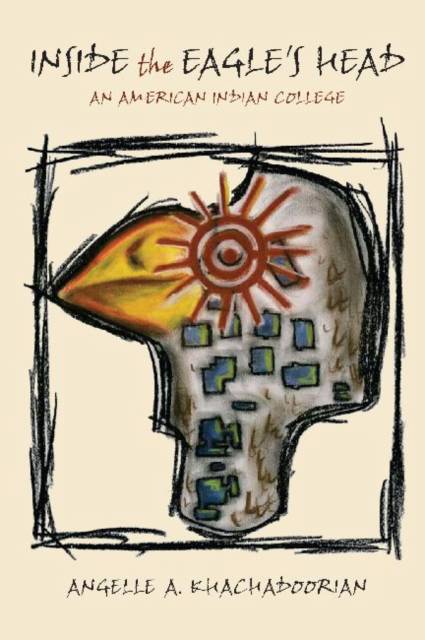
- Afhalen na 1 uur in een winkel met voorraad
- Gratis thuislevering in België vanaf € 30
- Ruim aanbod met 7 miljoen producten
- Afhalen na 1 uur in een winkel met voorraad
- Gratis thuislevering in België vanaf € 30
- Ruim aanbod met 7 miljoen producten
Zoeken
Omschrijving
The Southwestern Indian Polytechnic Institute (SIPI) is a selfdescribed National American Indian Community College in Albuquerque, New Mexico. SIPI is operated by the Bureau of Indian Affairs, an agency of the U.S. government that has overseen and managed the relationship between the government and American Indian tribes for almost two hundred years. Students at SIPI are registered members of federally recognized American Indian tribes from throughout the contiguous United States and Alaska. A fascinatingly hybridized institution, SIPI attempts to meld two conflicting institutional models--a tribally controlled college or university and a Bureau of Indian Affairs' Indian school--with their unique corporate cultures, rules, and philosophies. Students attempt to cope with the institution and successfully make their way through it by using (consciously or not) an array of metaphorical representations of the school. Students who used discourses of discipline and control compared SIPI to a BIA boarding school, a high school, or a prison, and focused on the school's restrictive policies drawn from the BIA model. Those who used discourses of family and haven emphasized the emotional connection built between students and other members of the SIPI community following the TCU model. Speakers who used discourses of agency and selfreliance asserted that students can define their own experiences at SIPI. Through a series of interviews, this volume examines the ways in which students attempt to accommodate this variety of conflicts and presents an innovative and enlightening look into the contemporary state of American Indian educational institutions.
Specificaties
Betrokkenen
- Auteur(s):
- Uitgeverij:
Inhoud
- Aantal bladzijden:
- 256
- Taal:
- Engels
- Reeks:
Eigenschappen
- Productcode (EAN):
- 9780817356149
- Verschijningsdatum:
- 14/10/2010
- Uitvoering:
- Paperback
- Formaat:
- Trade paperback (VS)
- Afmetingen:
- 152 mm x 231 mm
- Gewicht:
- 340 g

Alleen bij Standaard Boekhandel
+ 76 punten op je klantenkaart van Standaard Boekhandel
Beoordelingen
We publiceren alleen reviews die voldoen aan de voorwaarden voor reviews. Bekijk onze voorwaarden voor reviews.











